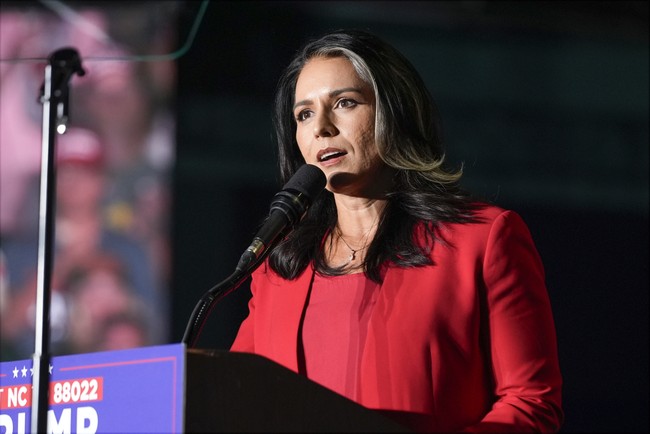One would think that our Intelligence Community would have had an idea that the Syrian government might soon be overwhelmed by ISIS and al Qaeda rebels or that South Korea was on the brink of a Constitutional crisis.
Yet, as far as I can tell, both events were a complete surprise to the United States of America.
Given that the United States is deeply involved in the Middle East and in Syria in particular, you would imagine that the collapse of the front lines in the civil war might be considered a big enough deal to have been anticipated by somebody. And given that the United States has more than 28,000 troops and is still technically a participant in a war between North and South Korea, you would expect that we might have a better-than-average insight into Korean politics.
If your thinking went in this direction, you would have been wrong. From all accounts, the US was caught off guard in both cases.
Far be it from me to underestimate the difficulties facing the Intelligence Community–after all, they do have a lot on their hands spying on the American people, inventing hoaxes, and censoring Americans to keep us in the dark–but it seems to me that these intelligence failures mimic the ones that led us to miss the collapsing of communism and a lot of turmoil in the Middle East.
It has been said, and to a certain extent, I believe, that we only hear about the failures of the CIA and never the successes because they are closely held secrets. Perhaps that is true, but the failures sure stack up, and the corruption at our three-letter agencies seems to be pretty rampant.
Perhaps the Syrian situation’s fluidity made predictions about what turned out to be rapidly changing circumstances too difficult to manage, but the South Korean situation went straight to America’s vital interests and took place in a country where we must have so many assets that they could fill a stadium. The rapid deterioration of a democratically elected regime and sudden political instability could have a massive impact on world affairs.
South Korea is our 6th largest trading partner, which is hardly anything to sneeze at. North Korea has nuclear weapons and 1.3 million soldiers under arms.
In other words, it is a pretty big deal.
This is just one more indication that we have to get our intelligence agencies out of the domestic spying business and focus on its mission, which is keeping the president informed about what is going on in the world.
Will Tulsi Gabbard be able to clean things up? I don’t know, and neither does anybody else. But she certainly has the will and the mandate to do so, and it is about time. Every government department is flabby, inefficient, largely incapable of accomplishing its primary task, and top-heavy.
President Trump’s election was a mandate for change and change we need. And of all the various institutions in our government, cleaning up the intelligence agencies should be among the highest priorities. Not only does our president need good and timely intelligence, but at least as importantly, Americans need to not be right to be fearful that the Deep State is watching us instead of our adversaries.
Tulsi Gabbard has a lot of work to do.
Read the full article here




![Charles Barkley And Mark Cuban Think They Can Win An Election, Take The White House [WATCH] Charles Barkley And Mark Cuban Think They Can Win An Election, Take The White House [WATCH]](https://www.lifezette.com/wp-content/uploads/2024/11/2024.11.14-09.36-lifezette-67366d622e101.jpg)


![Biden’s Hur Report Audio Leaves a Ton of Liberals with a Lot of Explaining to Do [WATCH] Biden’s Hur Report Audio Leaves a Ton of Liberals with a Lot of Explaining to Do [WATCH]](https://www.lifezette.com/wp-content/uploads/2024/11/2024.11.01-12.37-lifezette-6724cb8cbc935.jpg)

![‘Brown Skin’ TPUSA Reporter Destroys ‘Racist’ White Liberal Woman at ICE Protest [WATCH] ‘Brown Skin’ TPUSA Reporter Destroys ‘Racist’ White Liberal Woman at ICE Protest [WATCH]](https://www.lifezette.com/wp-content/uploads/2025/04/2025.04.14-12.50-lifezette-67fd0482e1f4a.jpg)
